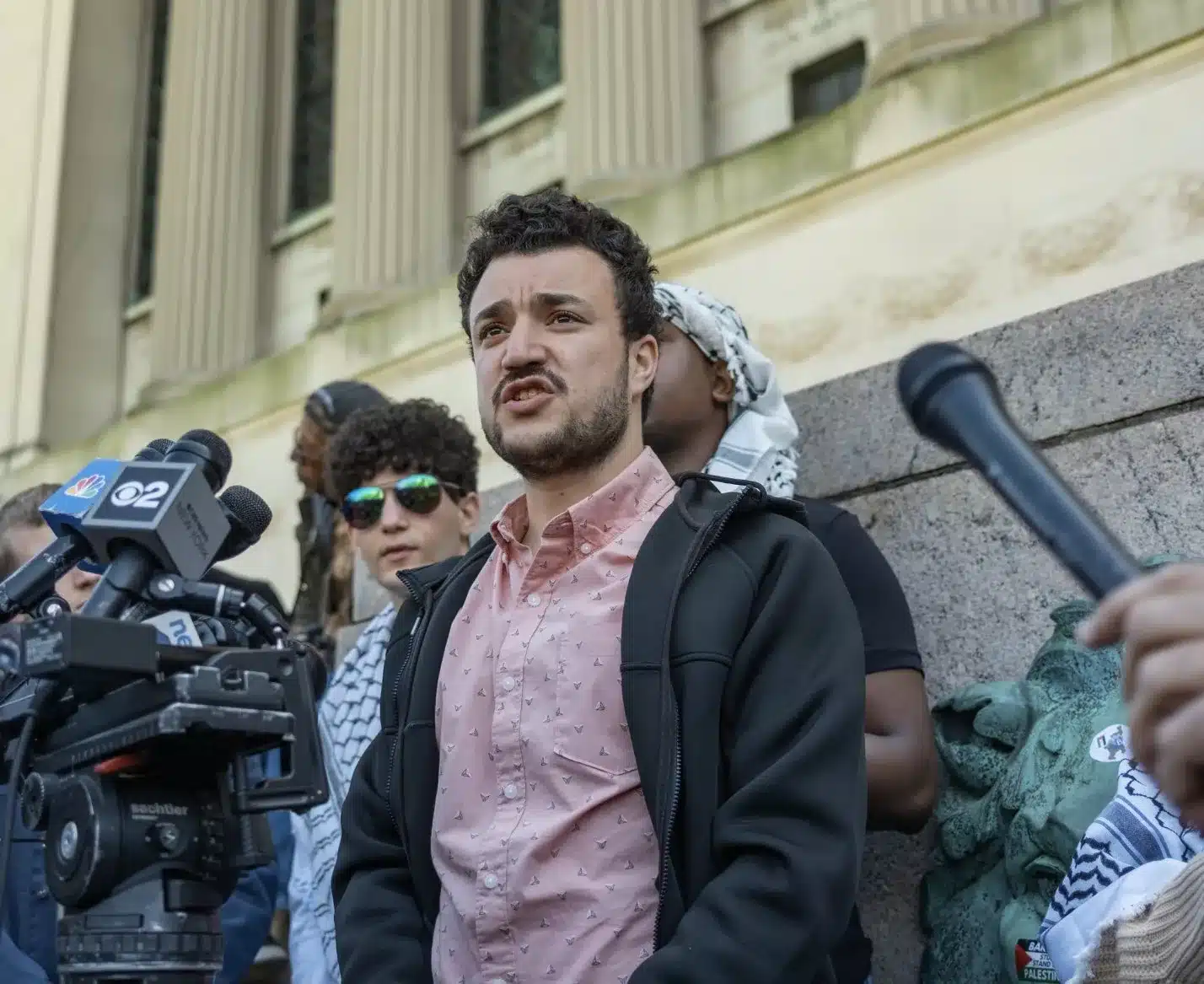Trump's Former Personal Attorney Alina Habba Named U.S. Attorney, Sparking Political Controversy
In an unprecedented move, President Donald Trump has appointed Alina Habba as the interim U.S. Attorney for the District of New Jersey. The announcement was made via Trump's TruthSocial platform, where he commended Habba's "diligence and conviction."
Habba, 41, gained national recognition as Trump's personal attorney after initially connecting through his Bedminster golf club membership. She represented Trump in several high-profile cases, including lawsuits against The New York Times, Mary Trump, and Hillary Clinton. Notably, she and Trump were fined $1 million for filing what a federal judge deemed a "completely frivolous" lawsuit against Clinton.
Before this appointment, Habba served as Trump's White House Counsel following his November 2024 reelection. She replaces interim U.S. Attorney John Giordano, who has been appointed ambassador to Namibia.

Mahmoud Khalil speaking into microphone
Her first major case involves leading the federal prosecution of Mahmoud Khalil, a Columbia University graduate facing deportation charges related to campus unrest.
Legal experts have criticized the appointment, citing concerns about conflicts of interest and the independence of the Justice Department. A former federal prosecutor noted, "This is not about qualifications; this is about loyalty."
Addressing these concerns, Habba stated on X (formerly Twitter): "Just like I did during my time as President Trump's personal attorney, I will continue to fight for truth and justice. We will end the weaponization of justice, once and for all."
The appointment raises significant questions about the politicization of federal prosecutions, particularly in New Jersey, where Trump has historically clashed with local prosecutors. Critics warn that Habba's appointment, combined with Trump's promises to "clean house" in the DOJ, could signal impending political influence over federal legal proceedings.